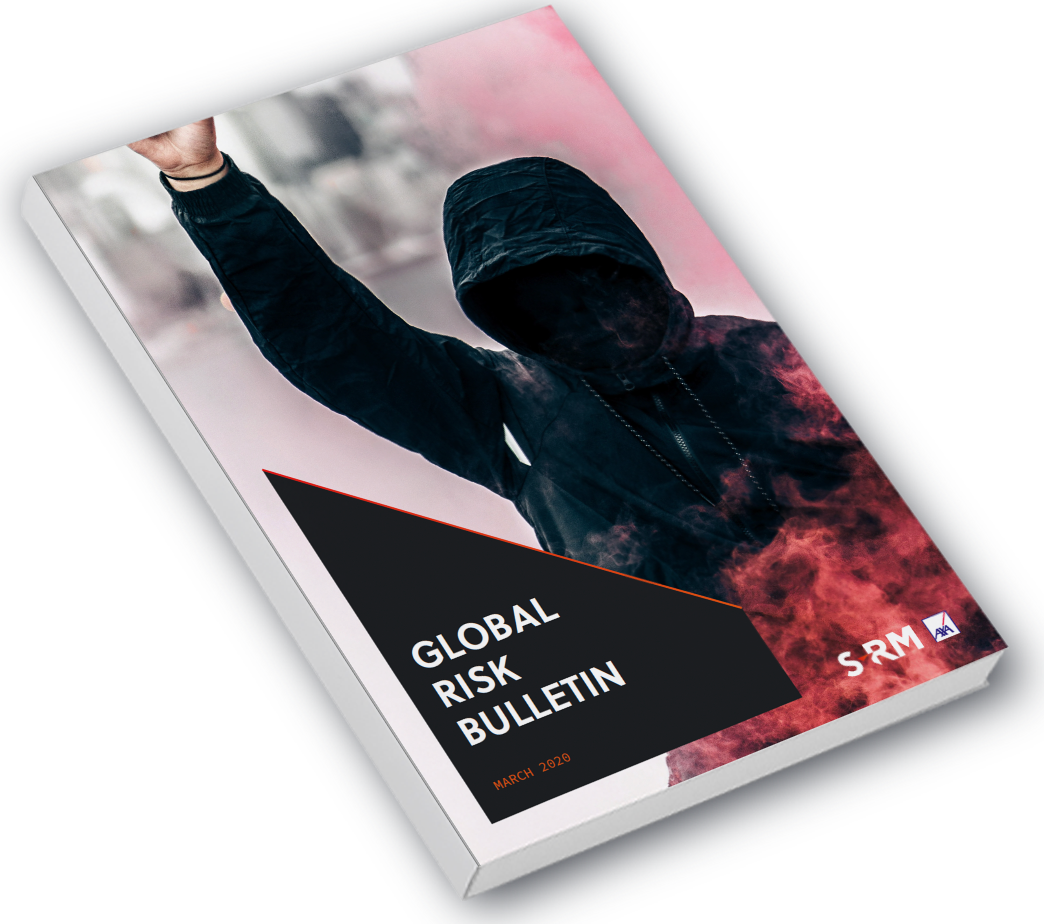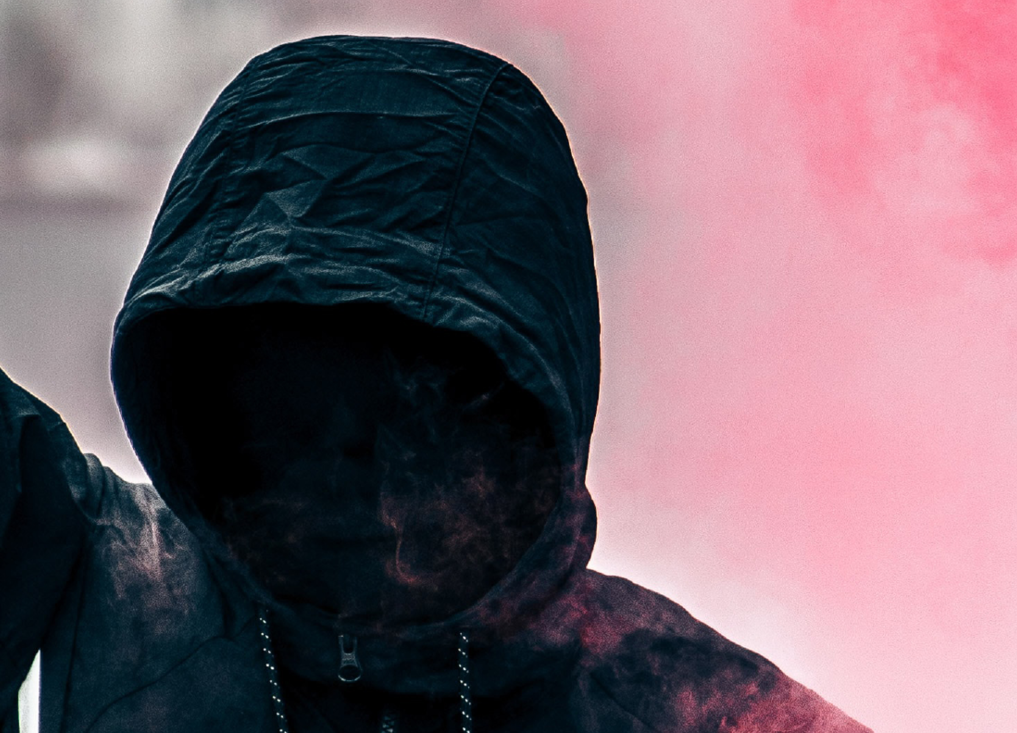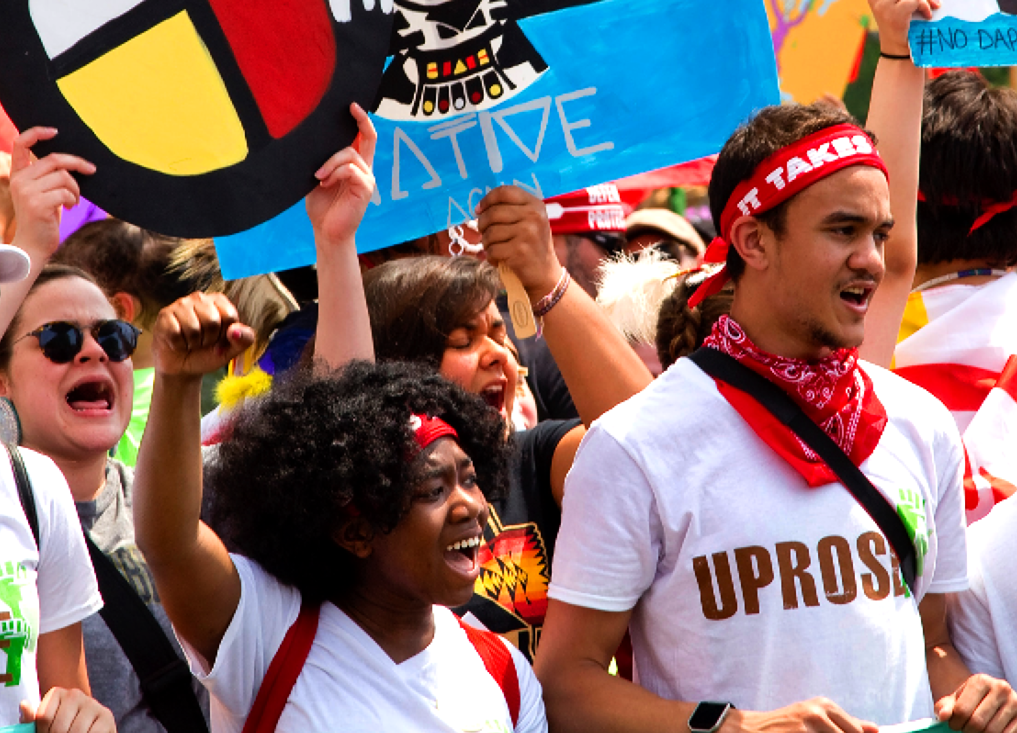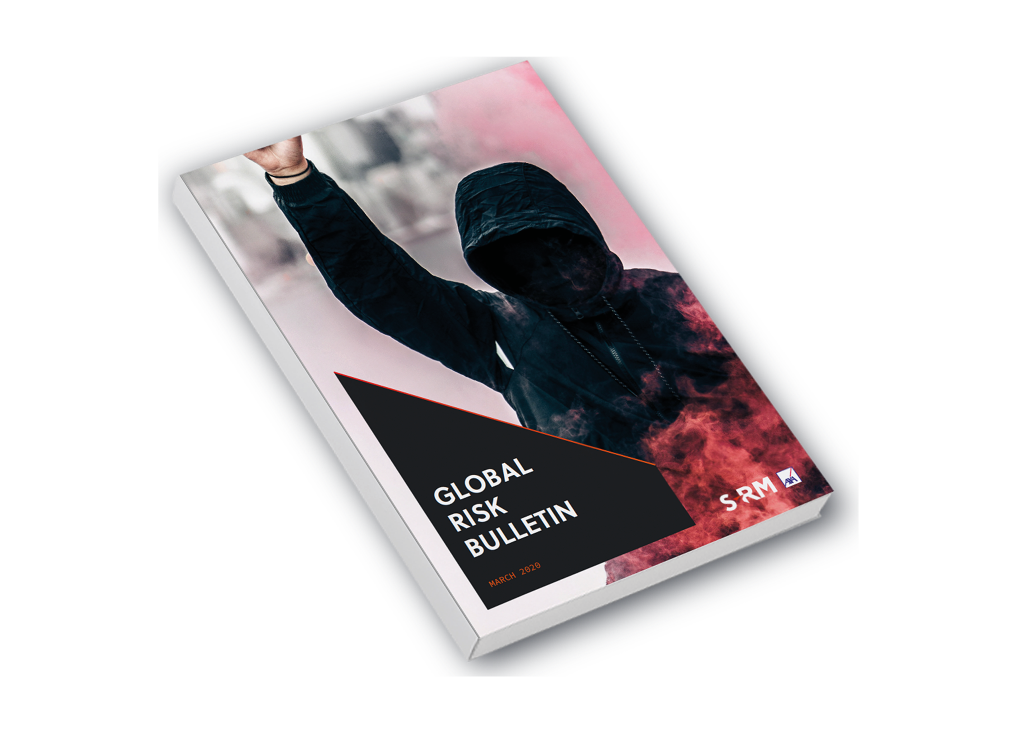The COVID-19 outbreak will impel US voters to seek alternative avenues – such as online platforms – for demonstrating over political and socio-economic issues ahead of November 2020 elections, thereby decreasing levels of election violence during this time, writes ERIN DRAKE.
US President Donald Trump’s often controversial statements and policies on divisive issues such as immigration and gun violence have prompted supporters and opponents to stage well-attended rallies across urban centres since he took office in 2017. Voters can expect a highly polarising election campaign ahead of the November 2020 poll. While tensions between Democrats and Republicans remain heightened, the COVID-19 outbreak in the country means that state authorities will either limit or ban street demonstrations completely in the coming weeks.
During the outbreak, grievances will manifest in other ways, such as online protests, resulting in a significant decrease in the anticipated levels of civil unrest and associated violence that typically accompany election periods.
"During the outbreak, grievances will manifest in other ways, such as online protests, although the potential socio-economic fallout of the virus will likely pose an increased threat of civil unrest when the pandemic ends."

FROM MASS RALLIES TO VIRTUAL PROTESTS
At the time of writing, the virus continues to spread across the country, with 164,610 cases and 3,170 deaths recorded in total. The US government has signalled its intent to continue with the presidential elections. Authorities have begun preparing for alternative voting methods, including via e-mail. States have implemented varying measures to prevent a further spread of the virus, including restrictions on domestic and international travel, suspensions on non-essential commercial operations such as leisure activities, bans on large gatherings, and curfews. In accordance with these measures, there has been a significant decline in protest action since COVID-19 cases started increasing in the country. A March 2020 study by IPSOS, a data-collection and market research firm, found that 74 percent of surveyed US citizens had stopped attending large gatherings, such as political rallies and demonstrations. This is also the case in states where bans on such gatherings had not yet been enforced.
Despite increasingly limited opportunities and intent to engage in public rallies and demonstrations amid the outbreak, voters retain an interest in issues that typically polarise people and drive incidents of civil unrest in the US. For example, virtual rallies held by two democratic presidential candidates, Joe Biden and Bernie Sanders, have reportedly been well-attended across various online platforms such as Facebook and Twitter. Protesters and non-governmental organisations have also engaged in some activism around prominent election topics, such as climate change, gun violence and social justice, by holding online protests and organising virtual campaigns. While such examples are currently limited in the US, precedent in other countries – including online pro-democracy protests in Hong Kong, anti-Russia campaigns in Ukraine and anti-arms export protests in Europe – suggests that more US citizens are likely to follow suit in the coming months.
Even if online demonstrations become popular, there remains the potential for isolated incidents of violent protests, as some individuals and groups defy social distancing measures. In particular, a few members of the extremist left-wing Anti-Fascist movement (ANTIFA) have stated their refusal to adhere to proposed lockdown measures to prevent the spread of the virus and have threatened to kill officers who attempt to enforce such measures. US-based ANTIFA members – largely based in Portland, Oregon State – may be encouraged by their Canadian counterparts, who, despite health officials’ warnings, have continued to hold demonstrations.
POSTPONE THE POLL?
The COVID-19 pandemic has prompted concerns over whether the US elections can be postponed. Several states, including Ohio, Georgia, Kentucky, Louisiana and Maryland, have already postponed their primary elections by one or two months. Yet, the administrative complications and political hurdles involved in postponing the elections makes such a step unlikely.
The president cannot institute such a change. Postponement requires that Congress alter the date that electors are appointed (3 November), which is set by federal law. Such a decision will be difficult to accomplish in time for the elections, given that it will be largely unpopular among voters, and highly divisive among political factions.
President Trump will likely push to maintain the election date, rather than advocate for postponing it. Postponement may negatively impact his approval rating and prospects for re-election, particularly amid opposition criticism that his slow and ineffective response to the outbreak has exacerbated the spread of the virus. Additionally, whether elections are postponed or not, Trump’s current term of office expires on 20 January 2021.
A LESS VIOLENT ELECTION
Studies have shown that hate crimes, ideological violence and public violence typically peak during presidential elections in the US. Such studies prompted concerns that the 2020 elections would follow this precedent, particularly due to the increasingly polarised nature of US politics during President Trump’s tenure. Despite increasing limitations on movement due to the outbreak, socially-stratifying grievances that preceded the virus, such as concerns over targeted mass-shootings and right-wing extremism, will inevitably remain. However, social distancing initiatives significantly reduce the opportunity for these issues to manifest as civil unrest, and in turn, limits incidents of violence during the election period, including hate crimes and clashes between rival protesters.
As the trajectory of the outbreak is uncertain, the extent and duration of social distancing measures in the US remain unclear. However, as COVID-19 cases increase and states impose stricter restrictions on travel and movement, demonstrations and associated violent incidents will inevitably decrease, resulting in a far less violent election run-up than anticipated.




 Email Erin
Email Erin




 @SRMInform
@SRMInform
 S-RM
S-RM
 hello@s-rminform.com
hello@s-rminform.com

